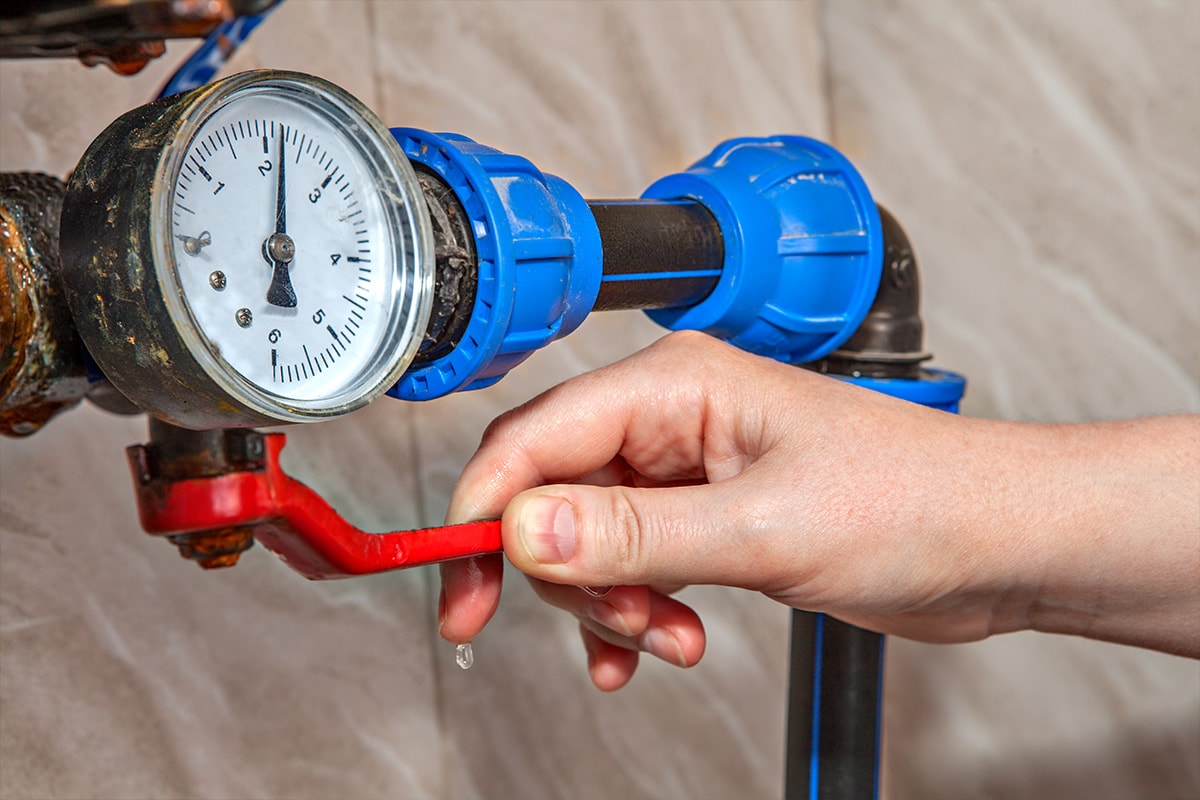Tap water is usually hard, which results from natural geological processes. Water, penetrating through the layers of the earth, collects minerals such as calcium and magnesium, which increase its hardness. However, the hardness level of tap water may vary depending on the region and even the specific water supply network.
Hardness of tap water is usually not harmful to health, but it can cause many household problems. It can cause deposits in pipes and household appliances, as well as make laundry and dishwashing difficult. That's why many people decide to install water softeners in their homes.
Is it worth softening tap water?
Many people wonder whether it is worth softening tap water. The answer to this question depends on many factors. First of all, it is worth considering the level of water hardness provided by the local water supply. If it is high, installing a water softener can provide many benefits.
Softening tap water can help avoid problems related to scale deposits in pipes and household appliances. It can also improve the efficiency of laundry and dishwashing, as well as make water more friendly to skin and hair. Therefore, despite the initial costs of installing and maintaining a water softener, it may turn out to be an investment that will pay off in the long run.
What are the alternatives to softening tap water?
If for some reason you don't want or can't install a water softener, there are several alternatives that can help you deal with hard water from your tap. One solution is to install in-line filters, which can help reduce water hardness, although they are not as effective as water softeners.
Another option is to use products designed for hard water, such as special laundry or dishwashing agents. You can also decide to regularly descale pipes and household appliances, although this is a more reactive than proactive solution.
Is hard tap water harmful to health?
Hard waterfrom the water supply is usually not harmful to health. In fact, the minerals contained in hard water, such as calcium and magnesium, are essential for the proper functioning of the body. However, the problem may be too high a concentration of these minerals, which can lead to health problems such as kidney stones.
However, the main problems associated with hard water are not so much about health, but about quality of life and daily activities. Hard water can cause deposits on dishes and household appliances, make washing and washing difficult, and cause dry skin and hair. Therefore, even though hard tap water is not usually harmful to health, many people decide to soften it.
How to decide if you need a water softener?
The decision on whether to install a water softener should be based on several factors. First of all, it is worth knowing the hardness level of the water supplied by your local water supply. This can be checked using special tests available in plumbing stores or by asking your local water company for information.
In addition, it is worth paying attention to possible problems that may indicate too high a level of water hardness. If you notice sediment on the dishes, problems with washing or washing, dry skin or hair after bathing, it may be a sign that a water softener would be a good solution.
Remember, however, that a water softener involves not only purchase and installation costs, but also ongoing maintenance costs, such as the purchase of salt for regeneration. Therefore, before you decide on this investment, it is worth carefully considering all the pros and cons.



